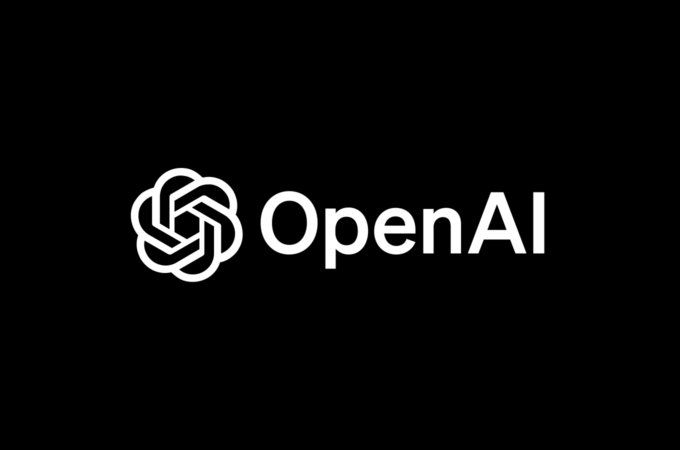
Meta Elevates AI Integration Across Its Ecosystem with Llama 3
Meta, formerly known as Facebook, is making significant strides in AI integration across its platform, with the rollout of its latest AI assistant, Meta AI, powered by the cutting-edge Llama 3 model. This development underscores Meta’s commitment to harnessing the power of AI to enhance user experience and foster innovation within its ecosystem.
The integration of Meta AI across Meta’s major apps, including WhatsApp, Instagram, Facebook, and Messenger, marks a significant expansion of AI capabilities within the company’s services. Meta CEO Mark Zuckerberg emphasized the importance of Meta AI in a video announcement, highlighting its ability to answer questions, create animations, and generate images, all powered by the advanced Llama 3 model.
The deployment of Meta AI is not limited to individual apps but extends to the core functionality of Meta’s platform, with the AI assistant integrated into the search bar across WhatsApp, Instagram, Facebook, and Messenger. This strategic placement enables users to seamlessly access Meta AI’s features, from seeking restaurant recommendations to planning vacations or even decorating apartments.
Meta’s collaboration with industry leaders Google and Microsoft further enhances Meta AI’s capabilities by providing access to real-time search results from both companies’ search engines. This partnership underscores Meta’s commitment to delivering comprehensive and accurate information to its users, leveraging the strengths of leading search platforms.
In addition to its integration into social media apps, Meta AI is accessible through the meta.ai website, offering users a centralized platform to interact with the AI assistant for various tasks, including solving math problems and writing professional emails. This expansion of Meta AI’s availability demonstrates Meta’s dedication to making AI accessible to a global audience.
The introduction of Llama 3 represents a significant leap forward in Meta’s AI capabilities, with the model offering state-of-the-art performance and improved reasoning capabilities. Meta’s focus on enhancing the quality and reliability of its AI models is evident in Llama 3’s development, which includes advancements in model architecture, pretraining data, and scaling up pretraining efforts.
Moreover, Meta is committed to ensuring the safety and integrity of its AI systems, with the introduction of trust and safety tools such as Llama Guard 2 and CyberSecEval 2. These measures are designed to detect and mitigate potential risks, including the generation of inappropriate or inaccurate responses by AI models.
Despite the advancements in AI technology, Meta acknowledges the challenges associated with AI deployment, including the potential for models to produce nonsensical or inaccurate responses. To address these challenges, Meta continues to refine its AI models through iterative updates and improvements, guided by user feedback and industry best practices.
Looking ahead, Meta remains focused on further expanding the capabilities of Meta AI and Llama 3, with plans to introduce larger models with enhanced capabilities, including multimodality and extended context windows. This commitment to innovation underscores Meta’s vision of becoming a leader in AI technology, driving progress and innovation in the digital landscape.




